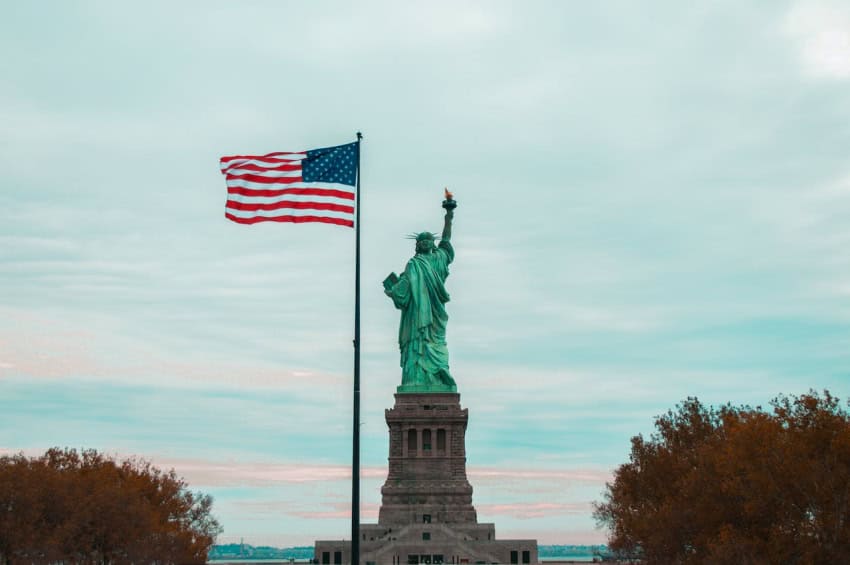WASHINGTON – The United States has formally confirmed the changes earlier unveiled regarding the fees related to immigration besides other regulations.
U.S. Citizenship and Immigration Services (USCIS) published a final rule on Tuesday to adjust certain immigration and naturalization benefit request fees for the first time since 2016.
The department had originally proposed the changes last year but awaited public comments to make any changes. USCIS received over 5,400 unique public comments in response to its notice of proposed rulemaking after which it announced the final changes.
As per the new rule, registrations for H-1B will now be selected by a unique beneficiary instead of registration, implying that employers will now need to provide valid passport information or valid travel document information for each beneficiary at the time of registration, besides the $10 fee.
“This new process is designed to reduce the potential for fraud and ensure each beneficiary would have the same chance of being selected, regardless of the number of registrations submitted on their behalf by an employer,” the USCIS said in a statement.
“The passport or travel document provided must be the one the beneficiary, if or when abroad, intends to use to enter the United States if issued an H-1B visa. Each beneficiary must only be registered under one passport or travel document,” it added.
Moreover, the department has announced to expand fee exemptions for Special Immigrant Juveniles and victims of human trafficking, crime, and domestic violence; U.S. military service members and Afghan allies; and families pursuing international adoption.
The authorities have expanded eligibility for a 50% fee reduction for naturalization applications, available to individuals who can demonstrate household income between 150% and 400% of the Federal Poverty Guidelines.
As far as the fee is concerned, the department has confirmed that every fee in the final rule is the same or lower than in the proposed rule.
‘For most individual filers, the final rule limits how much newly established fees may increase. Under the final rule, the new fees will not increase by more than 26%, which is equivalent to the increase in the Consumer Price Index since the last fee rule was issued in 2016,’ USCIS stated.
Regarding the implementation timeline, the new fees under the final rule will go into effect on April 1, 2024. The department noted that it will accept prior editions of most forms during a grace period from April 1, 2024, through June 3, 2024.
‘During this grace period, USCIS will accept both previous and new editions of certain forms, filed with the correct fee,’ it said.
It has also been clarified that there will be no grace period for Form I-129, Petition for a Nonimmigrant Worker, Form I-129 CW, Petition for a CNMI-Only Nonimmigrant Transitional Worker, Form I-140, Immigrant Petition for Alien Workers, Form I-600A, Application for Advance Processing of an Orphan Petition (and supplement 1, 2 and 3) and Form I-600, Petition to Classify Orphan as an Immediate Relative.
The department has also clarified that it will use the postmark date of a filing to determine which form version and fees are correct but will use the receipt date for purposes of any regulatory or statutory filing deadlines.
To get complete and updated official details on the fees for different immigration-related services, click here.














